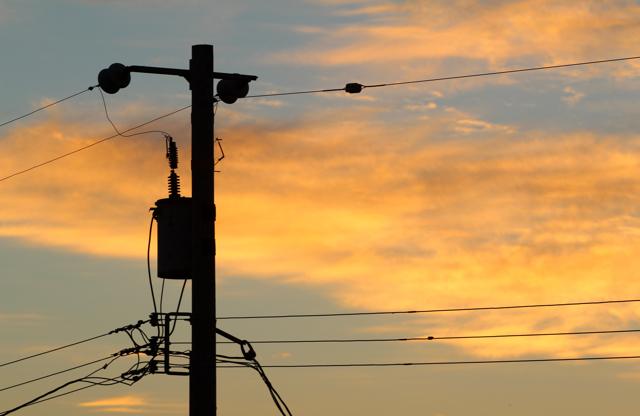
AT&T is suing local government in Louisville, Kentucky, over an ordinance intended to clear the way for Google Fiber in that city. The ordinance in question, dubbed “One Touch Make Ready,” would make it easier for Fiber contractors to use the telephone poles in that city, helping clear the way for the ultra-fast Internet service there.
AT&T’s core argument: Federal Communications Commission (FCC) regulations take precedent over local ordinances, and this ordinance contradicts those regulations. They also argue that local government doesn’t have any authority to regulate telephone poles, which are within the purview of Public Service Commission, a state agency, Ars Technica reports.
Google Fiber, an ISP over which users can download a gigabyte of information in under 10 seconds, has made headlines across the country. Many municipal governments are actively trying to attract the utility.
“One Touch Make Ready” was passed by the Louisville Metro Council on February 11. Prior to this ordinance there was no clear protocol to follow for companies that wanted to use the poles, reports Louisville Business First. “One Touch Make Ready” means that any company wanting to set up new lines on the poles (for example, Google) could request other telecom companies (for example, AT&T) move their lines when necessary. If the lines aren’t moved within 30 days, the company that made the request can legally move the wires themselves.
Most of the poles in the city are owned by either AT&T or Louisville Gas & Electric, the local energy company.
AT&T send a statement to Louisville Business First outlining their legal argument.
“Louisville Metro Council’s recently passed ‘One Touch Make Ready’ Ordinance is invalid, as the city has no jurisdiction under federal or state law to regulate pole attachments,” said the statement. “We have filed an action to challenge the ordinance as unlawful. Google can attach to AT&T’s poles once it enters into AT&T’s standard Commercial Licensing Agreement, as it has in other cities. This lawsuit is not about Google. It’s about the Louisville Metro Council exceeding its authority.”
As the statement implies, this isn’t the first time Google and AT&T have clashed over pole usage: the two parties ultimately came to an agreement in Austin, Texas.
We will vigorously defend the lawsuit filed today by ATT; gigabit fiber is too important to our city's future @googlefiber
— Mayor Greg Fischer (@louisvillemayor) February 26, 2016
Update: Google posted a response late Friday, stating they are “disappointed” with AT&T’s lawsuit.
“Google Fiber is disappointed that AT&T has gone to court in an effort to block Louisville’s efforts to increase broadband and video competition,” said the statement. “We are confident the City’s common-sense initiative will be upheld.”
Louisville Mayor Greg Fischer also weighed in on Twitter, saying the city will fight AT&T to keep the new rule in place.
Editors' Recommendations
- You don’t have to use Bing – Google Search has AI now, too
- Google Meet or Zoom? Soon, it won’t matter
- Google Fiber is bringing high-speed internet to five new states
- 5 Google Docs tricks you didn’t know you needed
- Google has a new plan to replace cookies. Will it work?

